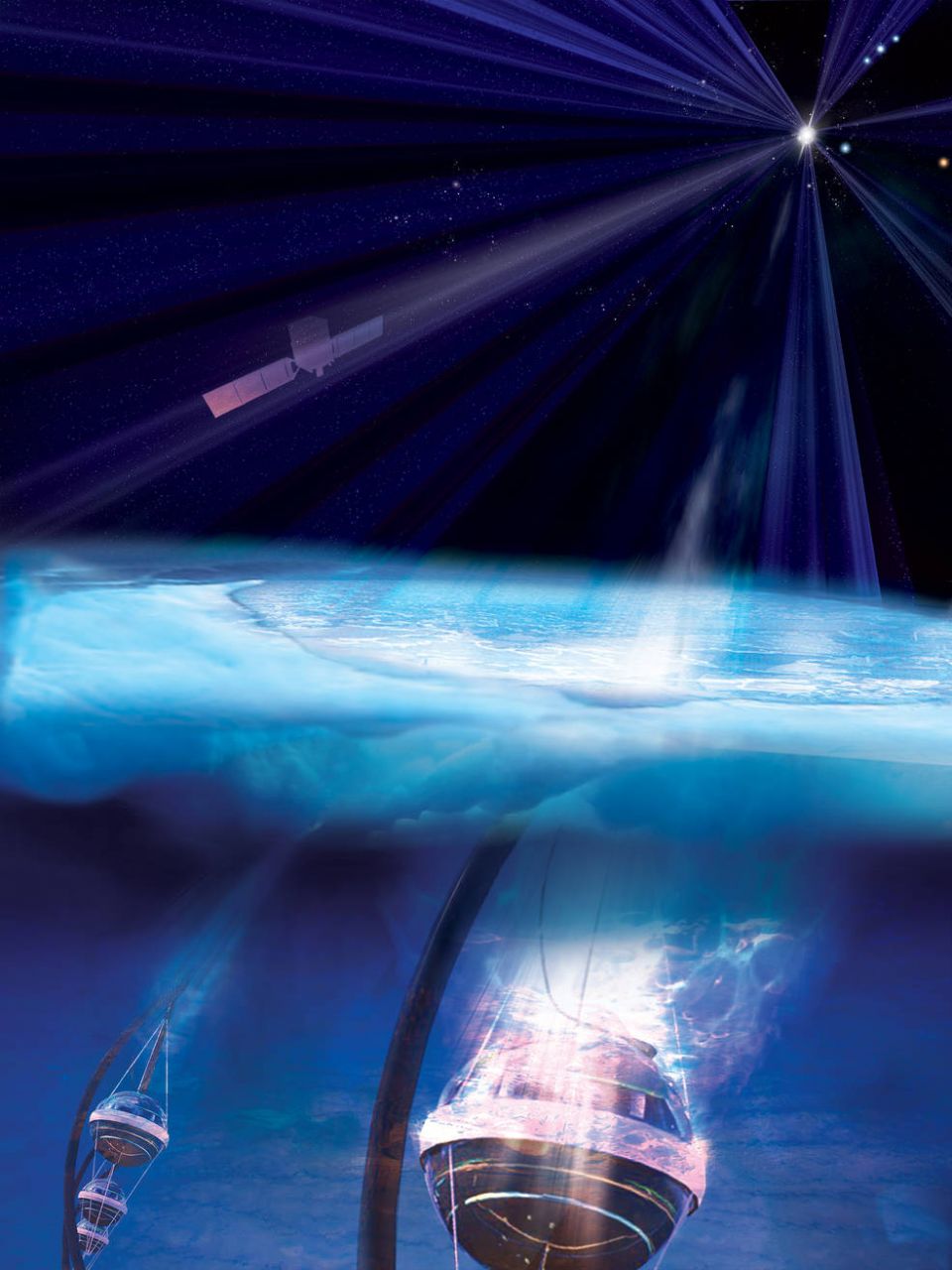The Perseid meteor shower, the result of the Earth passing through the remnants of comet Swift-Tuttle (at 132,000 mph) will be most spectacular the evening and morning of August 12-13.
Astronomers predict that as many as 60-70 meteors will be seen per hour. The Perseids are also know for frequent “fire balls”, meteors that visibly blow up.
This shower is named for the constellation of Perseus as the meteors seem to originate in that location in the sky. Perseus can be found in the north-eastern sky.
For more information.
Steve Davidson is the publisher of Amazing Stories.
Steve has been a passionate fan of science fiction since the mid-60s, before he even knew what it was called.










Recent Comments